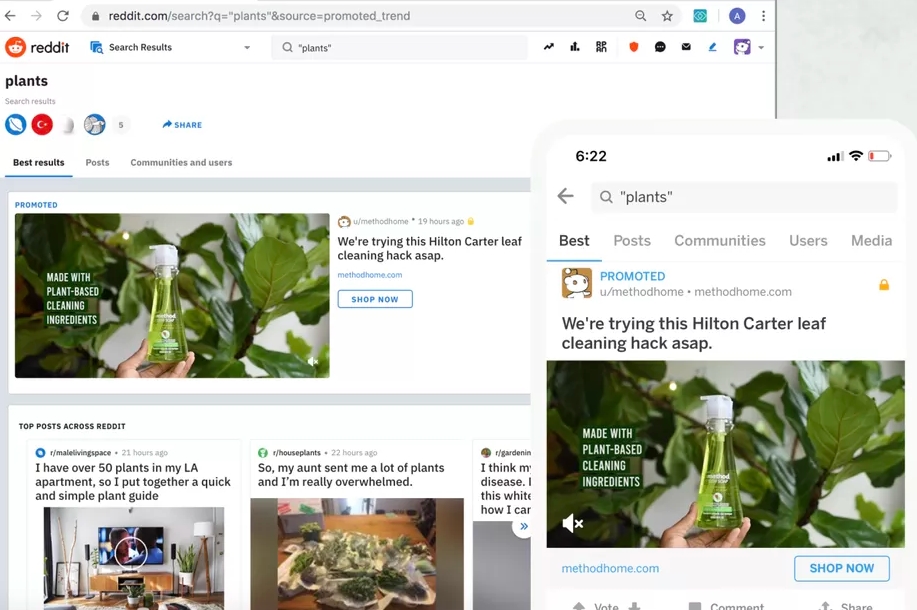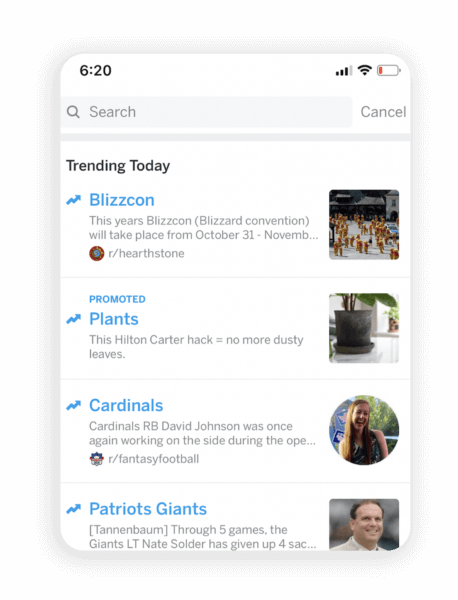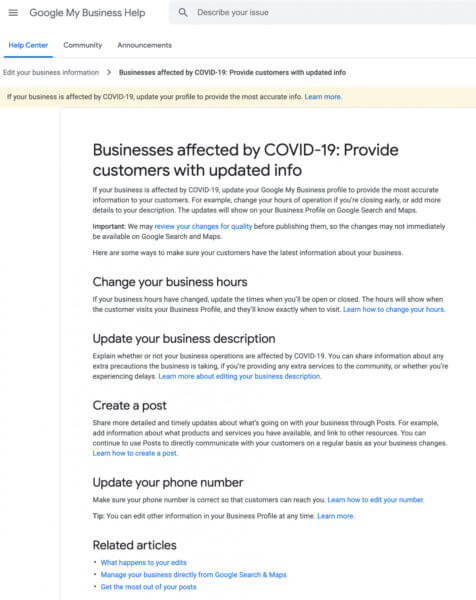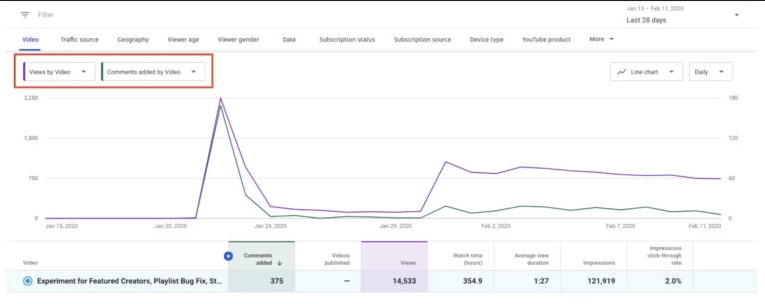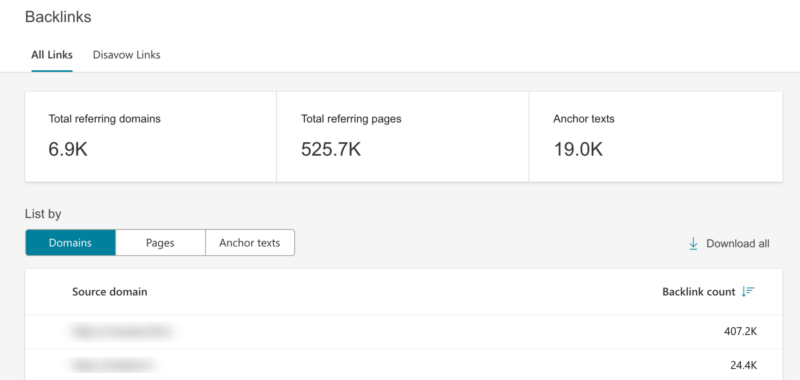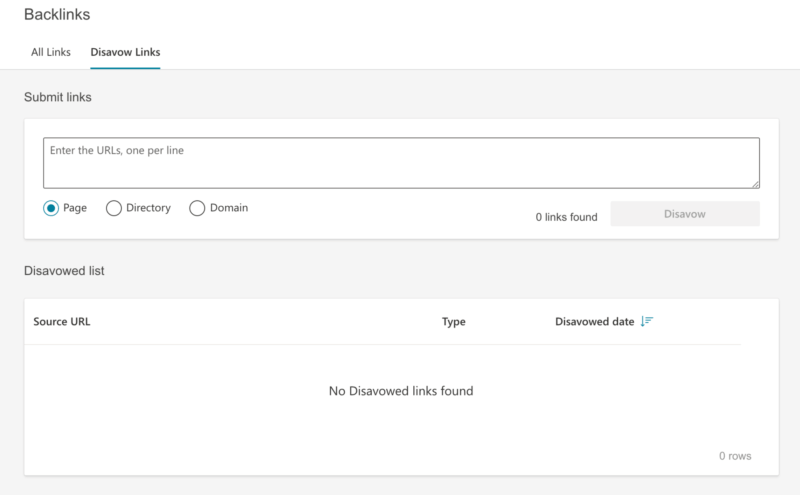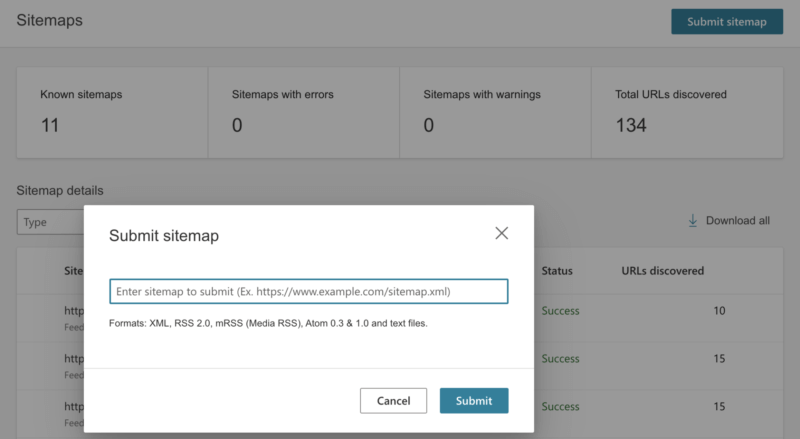As businesses and organizations across the country are racing to respond to the spread of COVID-19, Facebook is attempting to support small businesses which have been closed or are enduring hardships during this time.
Along with creating a dedicated hub for businesses affected by the epidemic, the company announced it would also be launching a $100 million grant program for small businesses.
Dedicated Small Business COVID-19 Hub
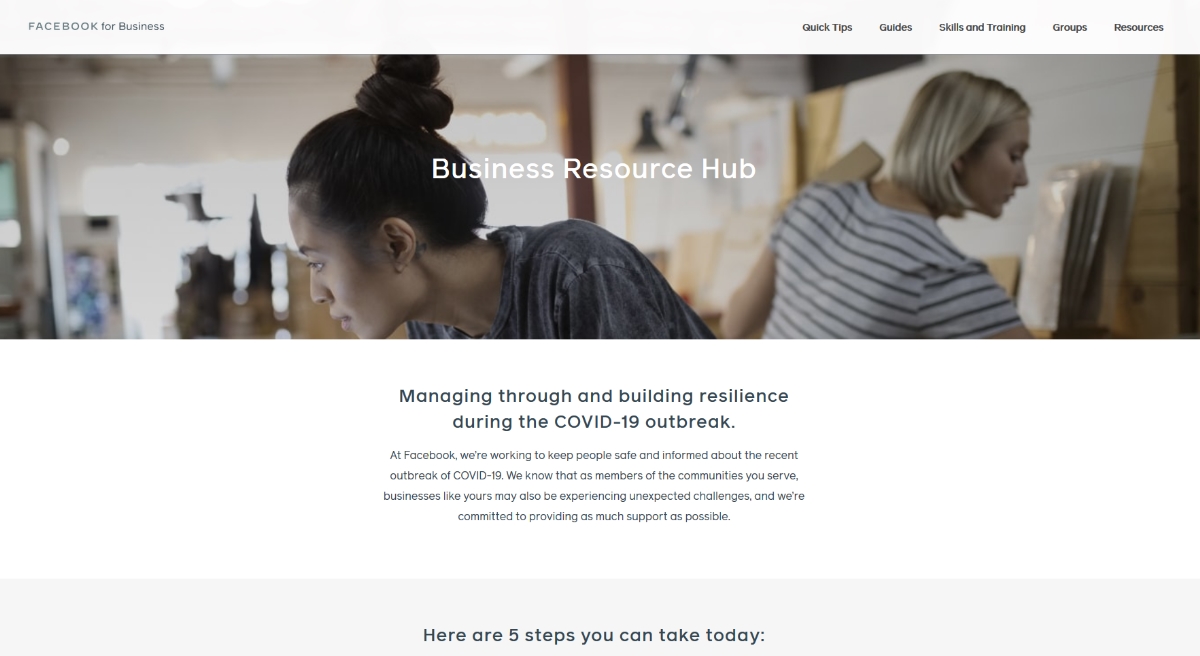
To help small businesses endure the ongoing coronavirus outbreak, Facebook has launched a dedicated hub with immediate actions you can take, a brief guide of quick actions to bolster your business, and a full 30-page business resilience toolkit.
For those who aren’t used to taking full advantage of Facebook’s virtual tools and connection abilities, the company is directing business owners to free courses designed to introduce you to virtual events, live streaming, and selling your products on the platform.
While brick-and-mortar stores may be shuttered or running reduced hours, Facebook says it recommends leveraging the available digital channels to maintain your business.
Small Business Grant Program
In addition to digital resources, Facebook is putting forward $100 million to help 30,000 eligible small businesses in more than 30 countries.
The program is still in the early stages and details are limited, but Facebook has provided a few bits of information about how the program will help companies:
- Keeping the business’s workforce going strong
- Assistance with rent costs
- Connecting businesses with more customers
- Covering operational costs
Applications are not open yet, but will be available in the coming weeks. To be notified when applications become available, you can sign up here.

